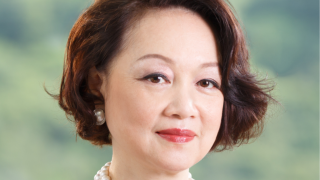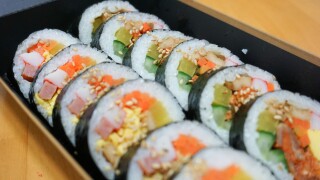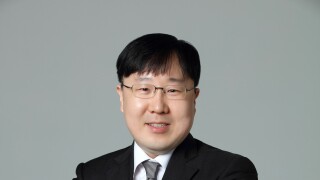Asia-Pacific
IP lawyers at three firms reflect on how courts across Australia have reacted to AI use in litigation, and explain why they support measured use of the technology
Tilleke & Gibbins topped the leaderboard with four awards across the region, while Anand & Anand and Kim & Chang emerged as outstanding domestic firms
Andrew Blattman, who helped IPH gain significant ground in Asia and Canada, will leave in the second half of 2026
Vivien Chan joins us for our ‘Women in IP’ series to discuss gender bias in the legal profession and why the business model followed by law firms leaves little room for women leaders
Sponsored
Sponsored
-
Sponsored by Hong Kong Trade Development CouncilIn the build-up to the Business of IP Asia Forum in Hong Kong, one of the speakers at the event explains why intellectual property is crucial to start-ups that are developing a business concept
-
Sponsored by RNA, Technology and IP AttorneysRanjan Narula and Suvarna Pandey of RNA Technology and IP Attorneys explain how a High Court of Delhi decision affects the appointment of local commissioners to carry out scientific investigations in patent infringement claims
-
Sponsored by Wanhuida Intellectual PropertyTwo invalidation decisions involving the US pharmaceutical company provide guidance on the building of a patent portfolio in China and the filing of supplementary experimental evidence, says Yue Guan of Wanhuida Intellectual Property
-
Sponsored by Hanol IP & LawMin Son of Hanol IP & Law provides a guide to the common pitfalls, legislation, and case law concerning the trademark protection, presentation, and promotion of food companies’ products in Korea
-
Sponsored by Hechanova GroupEditha R Hechanova of Hechanova Group reports on a decision concerning ownership of a mark used by a Greek restaurant that is a bitter pill for the petitioner to swallow
-
Sponsored by Vivien Chan & CoVivien Chan, Ann Xu, and Anna Mae Koo of Vivien Chan & Co present a guide to devising and registering Chinese language marks, their protection, and how to avoid objections from the CNIPA





















